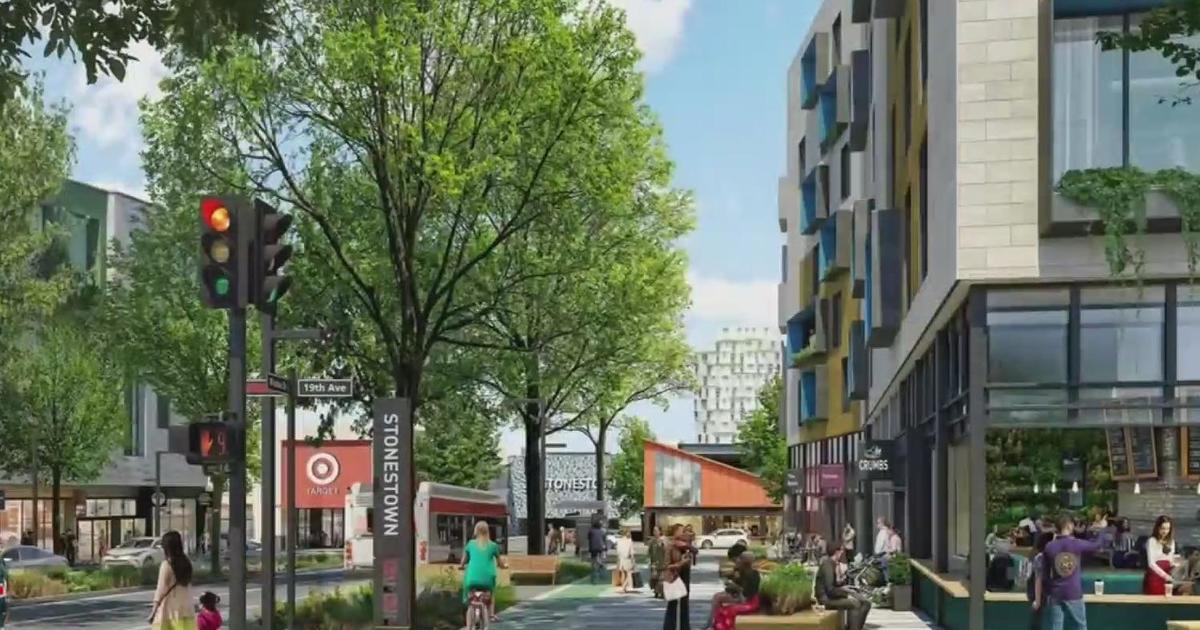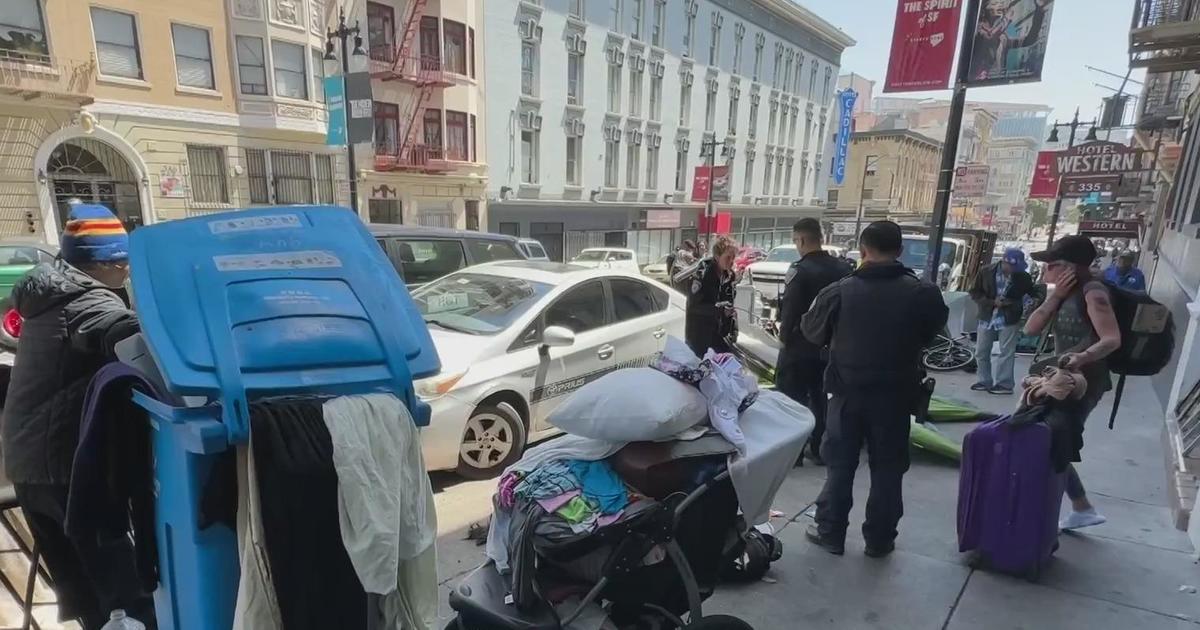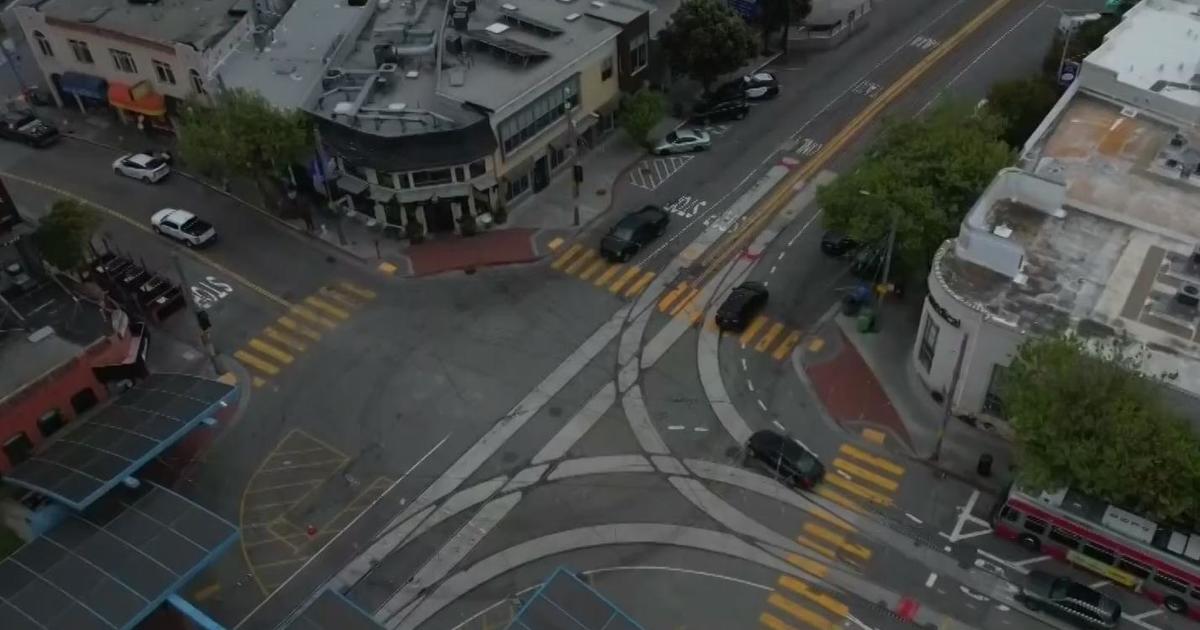SF's Healthy Streets Offers Shelter Assistance, Hotel Rooms To Homeless
SAN FRANCISCO (KPIX) - In recent weeks, some San Franciscans have raised concerns about a longtime problem they believe has suddenly gotten worse. Homeless tent encampments have spread to neighborhoods around the city. At the same time, however, the city has made substantial gains in fighting homelessness in the Tenderloin. It has some residents asking a very specific question.
"If they can reduce that by 70% in the Tenderloin, why can't they do at least that well in our neighborhood," asked one person living in the Castro.
So where did the wave of tents come from, and how is the city responding? Until Friday, the east side of Octavia Street was the site of a homeless encampment that stretched three or four blocks. It is largely gone now, as part of the city's effort to make up lost ground.
"Yes, there absolutely was a surge," says Jeff Kositsky, manager of San Francisco's Healthy Streets Operations Center. "It absolutely had an impact on neighborhoods throughout the city, some certainly more than others."
Kositsky brought his Healthy Streets operation to Hayes Valley Friday. It is a neighborhood that has seen more tents, and many neighbors here wondered if these are people who walked away from the Tenderloin operation.
"I think fewer than 70 people of the more than 700 people we encountered, much less than 10% of the folks, went somewhere else," Kositsky says of the outreach success rate. "In most cases they went somewhere else in the Tenderloin, because we'd see them again."
The surge is driven, in large part, by the coronavirus driving people out of shelters. COVID-19 cost San Francisco nearly 2,000 shelter beds. The city started the year with around 400 tents on streets and sidewalks.
"We essentially went back to 1,200 tents in about six weeks," Kositsky says.
"I've been sending letters to the city, we finally sent a petition a few weeks ago," explains Hayes Valley businessman Lloyd Silverstein. "I'm really happy that we've been able to get a resolution to this that is humane, that is safe, that is sensitive."
Silverstein and other neighbors came out to thank city crews resolving the camp on Friday. They were thrilled to see outreach teams offering shelter assistance and hotels. Hotel rooms, however, are not offered to everyone.
"Hotel rooms go to people who are either over 60-years-old, or are particularly vulnerable to COVID-19," Kositsky explains. "Other folks are offered other things."
"No I'm not going to accept the Navigation Center, because I've heard some things about the Navigation Center and I'm not gonna go there," said one homeless man who was packing his belongings in a taxi. "I'd rather stay out here on the streets."
Asked if he would accept a hotel room he answered 'yes'.
"Of course I would," he said.
Some left to find another campsite; others accepted a ride to shelter. This is the city's plan: a day-by-day effort to bring people back inside, given the available resources.
"I just ask that people understand that there is a method to this and to be patient," Kositsky says. "We lost thousands of shelter beds. We're getting them back online and as we do we will work in these neighborhoods. But also remember that tents do protect people, and our number one concern as a city is protecting people's health and their lives."
Back in 2016, the city was facing an even larger encampment problem. It eventually took to ranking the camps by size and how problematic they were and then going down the list. Four years later, the city is dusting off that same plan. A preliminary list has already been made. Now, there is the job of offering help camp by camp.



